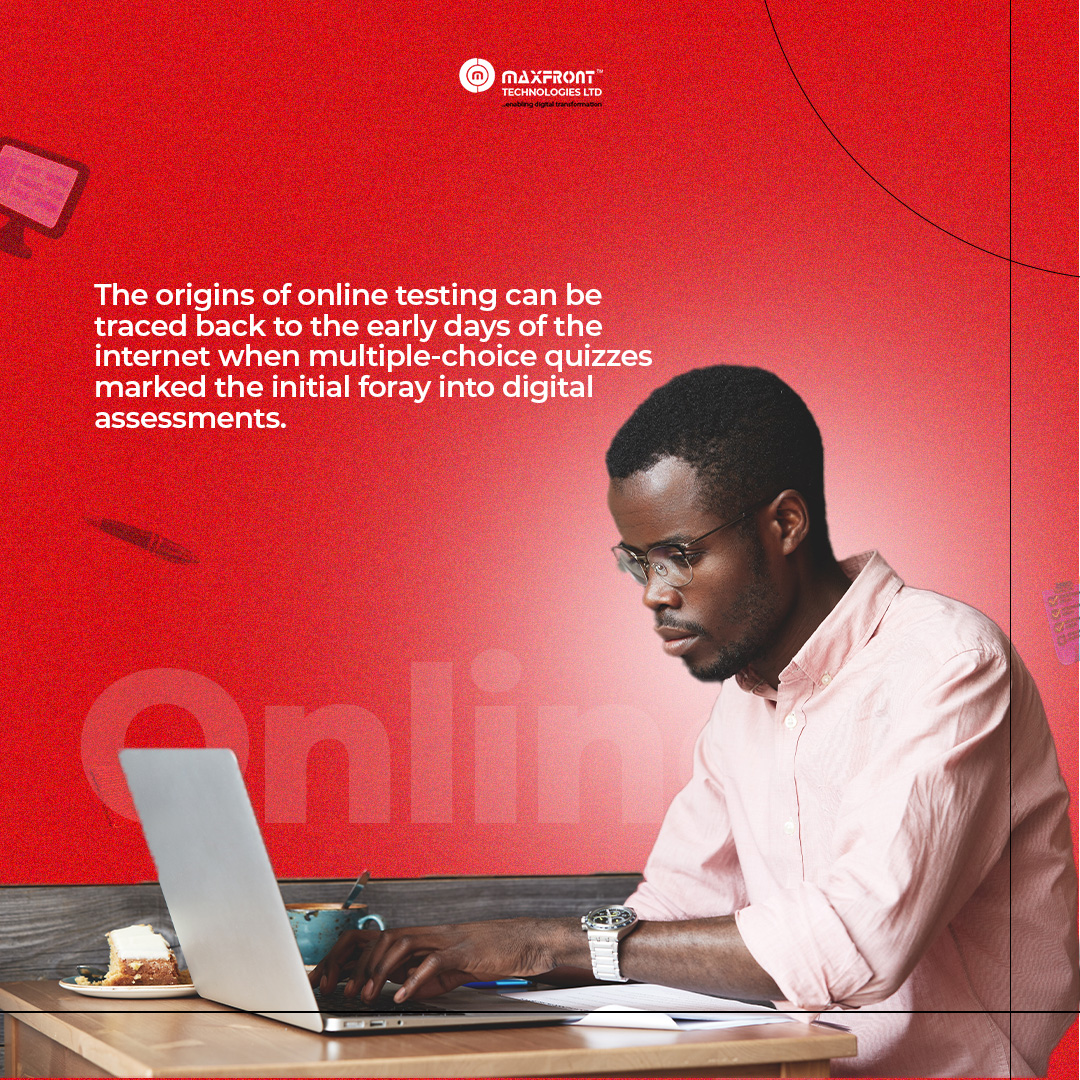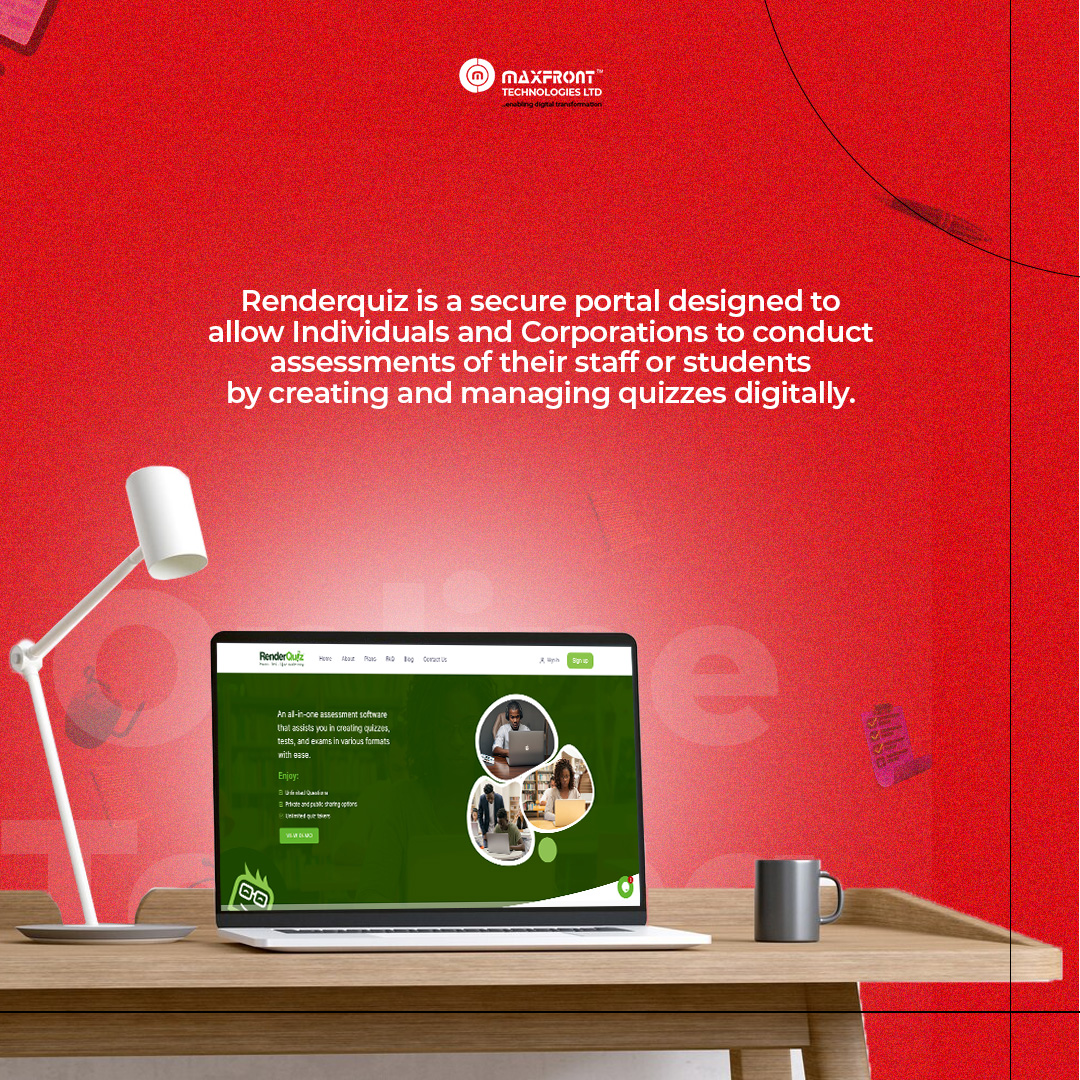
In today’s fast-paced digital landscape, the realm of education and assessment is undergoing a remarkable transformation. Online testing, once a mere convenience, has evolved into a sophisticated ecosystem that holds the potential to redefine the way we evaluate knowledge and skills. This article delves into the past, present, and potential future of online testing, unveiling its multifaceted impact on education, its challenges, and the exciting opportunities it presents.
The Past: Shifting Paradigms
The origins of online testing can be traced back to the early days of the internet when multiple-choice quizzes marked the initial foray into digital assessments. Initially met with skepticism due to concerns over security and cheating, online testing gradually gained acceptance as technology advanced and platforms became more robust. This evolution was fueled by the need for flexibility, scalability, and accessibility in assessments, especially in the context of remote learning and the demands of a globalized world.
The Present: Advancements and Adaptations
Today, online testing is a cornerstone of modern education. The repertoire of assessment tools has expanded exponentially, incorporating multiple-choice questions and simulations, interactive assignments, video submissions, and even real-time coding challenges. Adaptive testing, a groundbreaking approach that tailors questions to the test-takers skill level, has emerged as a personalized and efficient way to evaluate knowledge gaps and strengths. Such advancements provide a comprehensive evaluation and pave the way for inclusive assessments catering to diverse learning styles and abilities.
However, the present landscape of online testing is not without challenges. Concerns about data privacy, security breaches, and the authenticity of remote exams have prompted educators and technology experts to continuously innovate and devise foolproof strategies to ensure the integrity of online assessments. Striking a balance between convenience and vigilance is essential to build a trustworthy assessment environment.
Renderquiz: Bridging Innovation and Assessment
In this landscape of digital evaluation, platforms like Renderquiz have emerged as pioneers. Renderquiz is a secure portal designed to allow Individuals and Corporations to conduct assessments of their staff or students by creating and managing quizzes digitally. This web-based application offers various subscription classes tailored to meet the needs of diverse clients. Notably, a free subscription class is available for trials, providing a hands-on experience of the platform’s capabilities.
Quizzes are vital performance evaluation tools through which teachers or trainers measure their candidates’ or trainees’ competency and performance. Among the various question types used in assessments, multiple-choice questions remain prominent due to their efficiency in the quick valuation of respondent answers. Renderquiz recognizes this need and offers a seamless solution for those seeking to employ multiple-choice questions in their evaluations. Additionally, the platform caters to including essay-type questions, enhancing the versatility of assessments.
Empowering Educators with Technology
Renderquiz is an all-in-one test-making software that empowers educators to create quizzes in different formats without difficulty. As education continues its journey into the digital era, platforms like Renderquiz play a pivotal role in enhancing assessment methodologies. By providing a secure and user-friendly interface, Renderquiz enables educators to focus on what matters most: the learning journey of their students.
The Future: Redefining Education
As we peer into the future, it’s evident that online testing will continue to be a transformative force in education. The integration of artificial intelligence (AI) promises to revolutionize the assessment process. AI-driven algorithms can analyze test-taker behavior and responses in real time, offering insights into not just what a student knows but how they think and approach problems. This depth of understanding opens doors to personalized learning pathways that cater to individual needs, allowing educators to provide targeted support and guidance.
Moreover, blockchain technology can potentially address the credibility of certificates and qualifications obtained through online testing. By creating immutable records of achievement, blockchain can mitigate doubts about the authenticity of digital credentials, fostering a global ecosystem of verifiable qualifications.
However, with these technological leaps come ethical considerations. Striking a balance between data-driven insights and the ethical use of learner data is paramount to ensure that technology augments education without compromising privacy and autonomy.

In Conclusion: A Journey Unfolding
Online testing has come a long way from its humble beginnings, and its journey is far from over. As technology continues to evolve, so too will the methods of assessment. The future holds promise for more authentic, personalized, and equitable evaluations that reflect the diverse talents and potential of each learner. Yet, with every advancement, the core values of integrity, security, and fairness must remain steadfast.
As educators, learners, and technology enthusiasts, we stand at the cusp of a new era in education—one where online testing is not just a tool but a catalyst for holistic learning experiences. Embracing this evolution with open minds and a commitment to ethical practices will pave the way for a brighter future where knowledge knows no boundaries and assessments empower learners to thrive.